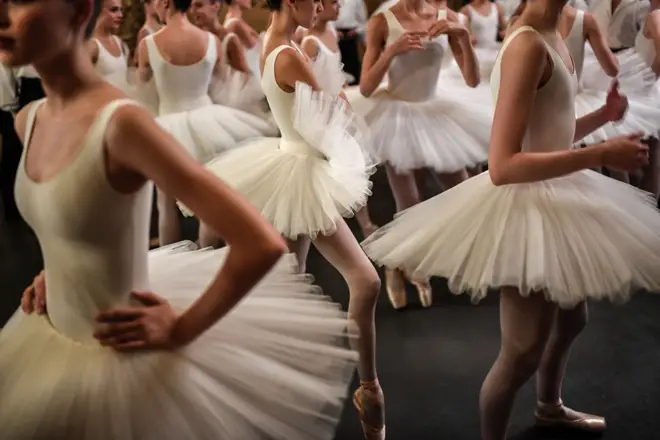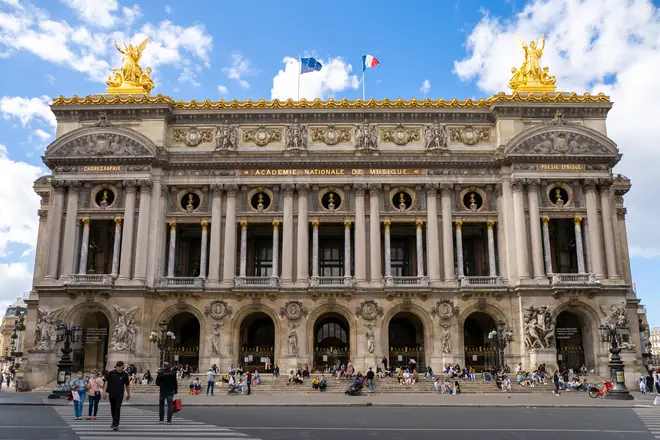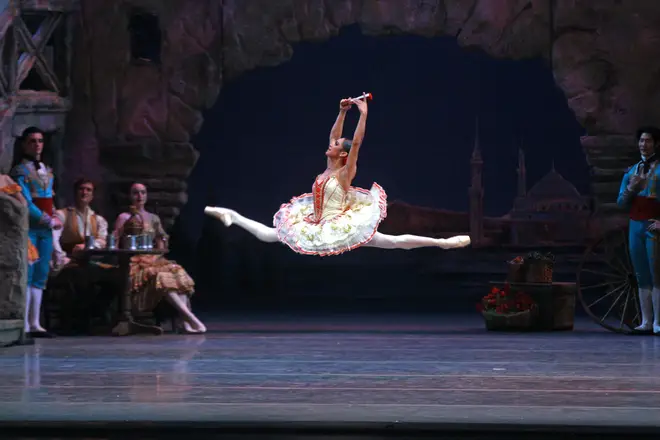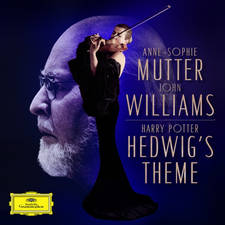Paris Opera considering blackface ban after staff pressure to end racism
7 October 2020, 13:18

Paris Opera is having a reckoning with race and diversity, after a quarter of its staff called for an end to “the silence that surrounds racism”.
In 2020, Paris Opera could finally ban blackface in its operas and ballets, after nearly a quarter of the company’s staff signed an open letter against racism.
Signed by 400 staff members, the letter also calls for pointe shoes and tights to match dancers’ skin colour, a practice already commonplace in Europe’s major ballet companies.
The manifesto also calls for a ban on use of the N-word in speech at the opera. Staff ultimately called for an end to “the silence that surrounds racism”.
In response, the opera’s director Alexander Neef has launched an external investigation into the claims. A report, delivered by ombudswoman Constance Rivière and historian Pap Ndiaye, is expected come December.
Neef asked the two experts to examine the “ballet blanc”, the tradition of female dancers all wearing white tutus or dresses, as well as a host of other race-related issues.
Read more: Royal Ballet to return with real-life couple bubbles performing duets >

For many at the company, Paris Opera’s reckoning with race is long overdue. When choreographer Benjamin Millepied, who worked on the film Black Swan, was briefly director in 2015, he vowed to abolish the “insidious racism” he saw at the company, after he said he was told “one does not put a person of colour in the corps de ballet because they would be a distraction”.
The director promised to “get rid of this racist idea” and made other crucial changes during his short time at the company. In the ballet La Bayadère, he renamed ‘la danse des negrillons’ (which literally translates as ‘the dance of the little negroes’) to ‘the dance of the children’.
He also banned dancers from blacking up for the performance, a practice already banned by most companies but still used by Russia’s Bolshoi and Mariinsky ballets.
Read more: Ballet brand adds darker shades of pointe shoes >
Misty Copeland, an African American ballerina who has been outspoken on issues of race in her industry, criticised the Bolshoi’s use of blackface in La Bayadére last year.
The company called her complaint “absurd” and said it would continue to use blackface in its performances, citing that “the ballet has been performed thousands of times in this production in Russia and abroad”.

Following the letter, Neef praised staff’s “courage” and “very thoughtful” criticisms. He told AFP news agency that he was thinking about a change in company culture “even before they approached me”.
“We want to create a culture internally so that people come forward to talk about serious issues, so they know they will be heard and taken seriously,” he said.
Decolonise the Arts, a group pushing for racial harassment to be banned by law, told AFP they welcomed the opera’s culture change.
“Anti-racist codes of conduct or changing titles is not about censorship, we are in living in a new era,” said historian Francoise Verges.






















